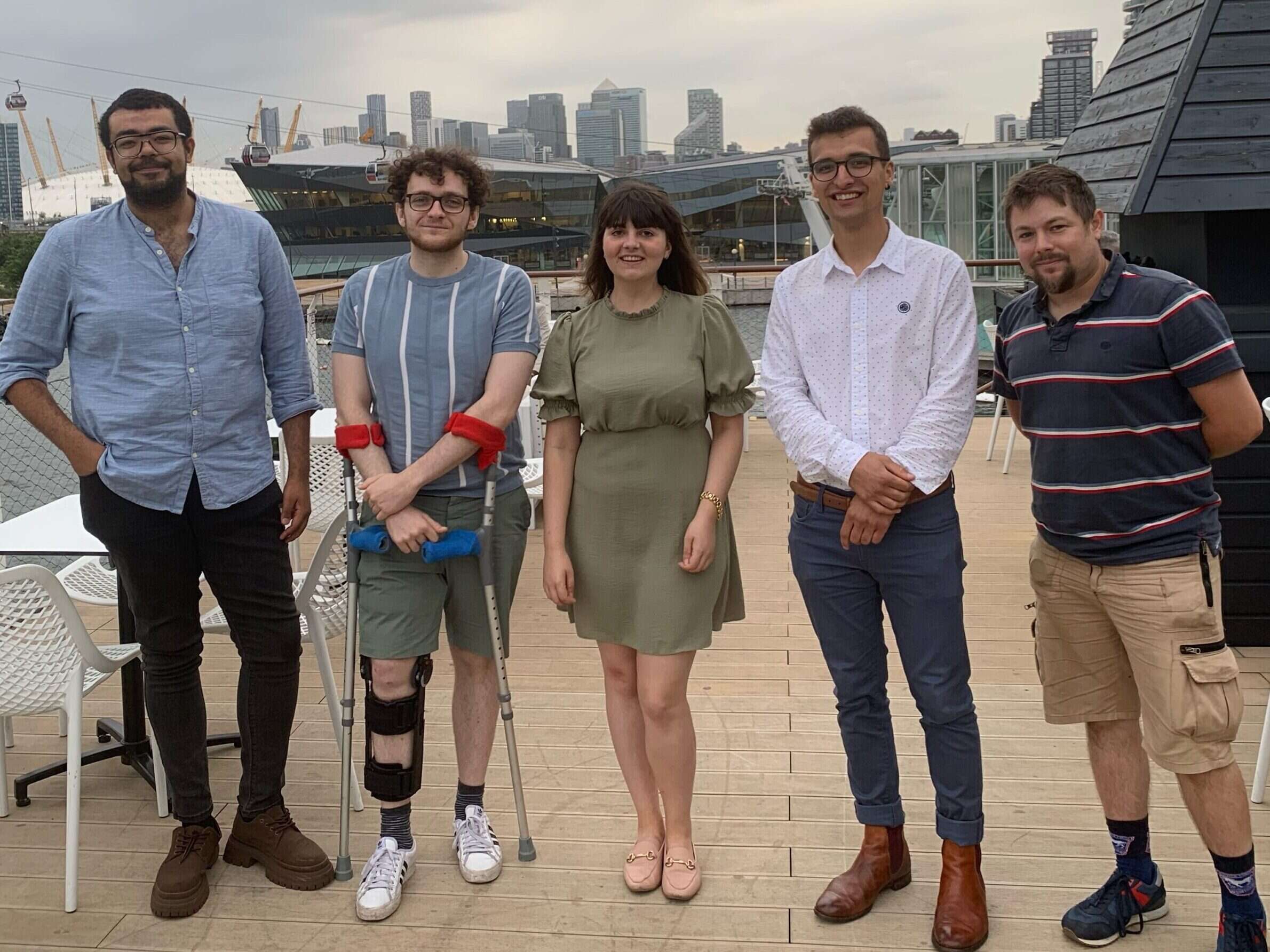
Journalists covering decisions made at London’s City Hall are hoping to boost scrutiny and transparency with the launch of their own lobby.
They have been inspired by the traditional lobby of political journalists based within the 219-year-old Press Gallery at Parliament that has fought for adequate working facilities and represents the collective interests of the media outlets involved.
City Hall only has a handful of journalists dedicated to covering the decision-making of the Mayor of London and Greater London Authority, but the new lobby will be open to anyone attending regularly.
So far journalists from the BBC, ITV, Reach’s MyLondon, Evening Standard, National World’s LondonWorld and Bauer radio are involved in the bid to be heard more effectively by the authorities.
Founder Josiah Mortimer, City Hall editor at MyLondon, told Press Gazette: “I think given that given the GLA has a £19bn annual budget and fairly hefty powers over things like transport it’s worth doing all we can to boost openness and accountability and make it as amenable to reporting as possible.”
Mortimer was previously in Westminster’s Lobby with the website Left Foot Forward and said it was “at its core it was a way of increasing transparency, sharing information and getting answers really that were needed”.
“It’s in the name, the lobby – it’s a way of giving a stronger voice to journalists who are covering the same beat when you’re up against, in the case of the lobby, the Prime Minister and his very large press team. For the GLA actually there’s a lot more press officers than there are City Hall reporters too so it’s a way I think of giving us a bit more more clout and recognition.”
The GLA, Mayor of London and the London Assembly, which scrutinises the former two authorities, moved into a new City Hall called The Crystal in Newham in March and Mortimer said no facilities for journalists had been built in.
“I think it’s fair to say it was probably done in quite a rushed way and there’s a sort of feeling they maybe didn’t take into full account what would be most helpful for reporters and how they work in order to promote what’s going on in the GLA and the Assembly,” he said.
Mortimer added: “For example, the press gallery in Parliament despite all its fusty sort of reputation actually they have quite a lot of resources. They’ve got their own space, their own desks, there are libraries and it’s quite well kitted out, I guess, relative to the age of the building for journalists to work there.
“Whereas there’s very little space at City Hall. Tiny violin time, but we have to work in the cafe, obviously that makes private calls very difficult, there’s no dedicated resource really for reporters. Even just very simple things like when you want to report from the chamber, there’s no plug sockets or desks in there. So it’s just small things, which I think could be fairly easily improved and it would make quite a bit different to how often and how well reporters work there.”
The collaboration comes as journalists in Bristol boycott the Mayor Marvin Rees’ press conferences in solidarity after BBC-funded local democracy reporters were allegedly banned from attending.
Rees has insisted it is not a ban and that LDRs are simply “not invited”. But his decision prompted an outcry, with the BBC saying it was an “essential ingredient of local democracy that journalists should be able to ask robust, challenging questions to people in power”.
Mortimer said the events in Bristol had put the “imbalance between well funded mayors and reporters in the spotlight”.
Bristol has voted to ditch its directly-elected mayoral role in a May referendum, but Mortimer said the London model could, if it proves fruitful, act as a “springboard for action” in other places with a mayor such as Manchester and the West Midlands.
London Mayor Sadiq Khan supported the new lobby, saying: “The Parliamentary Lobby is renowned across the world for providing an insight into our country’s Government so I’m delighted that a City Hall lobby is being created to bring together the talented journalists that report on City Hall every day. I look forward to engaging even more regularly with its members about the work I am doing to build a better London for everyone.”
Parliament’s current Press Gallery chair, Independent political editor Andrew Woodcock, and lobby chair, Bloomberg political editor Kitty Donaldson, also lent their support, saying they hoped City Hall journalists would be able to gain similar benefits to theirs: “Speaking with a united voice has granted us more influence with the Westminster authorities in ensuring access, securing adequate facilities and fighting unnecessary secrecy.”
The Society of Editors, News Media Association and National Union of Journalists also backed the new group.
Picture: MyLondon transport editor Callum Marius, Evening Standard City Hall local democracy reporter Joe Talora, LondonWorld senior reporter Jessica Frank-Keyes, MyLondon City Hall editor Josiah Mortimer and Social Spider Community News editor-in-chief James Cracknell at launch of City Hall lobby group at the Good Hotel by City Hall.
Email pged@pressgazette.co.uk to point out mistakes, provide story tips or send in a letter for publication on our "Letters Page" blog

